7 Stocks Still at Risk From Trade-War Shenanigans
The stock market sure has an itchy trigger finger when it comes to headlines about the U.S.-China trade war.

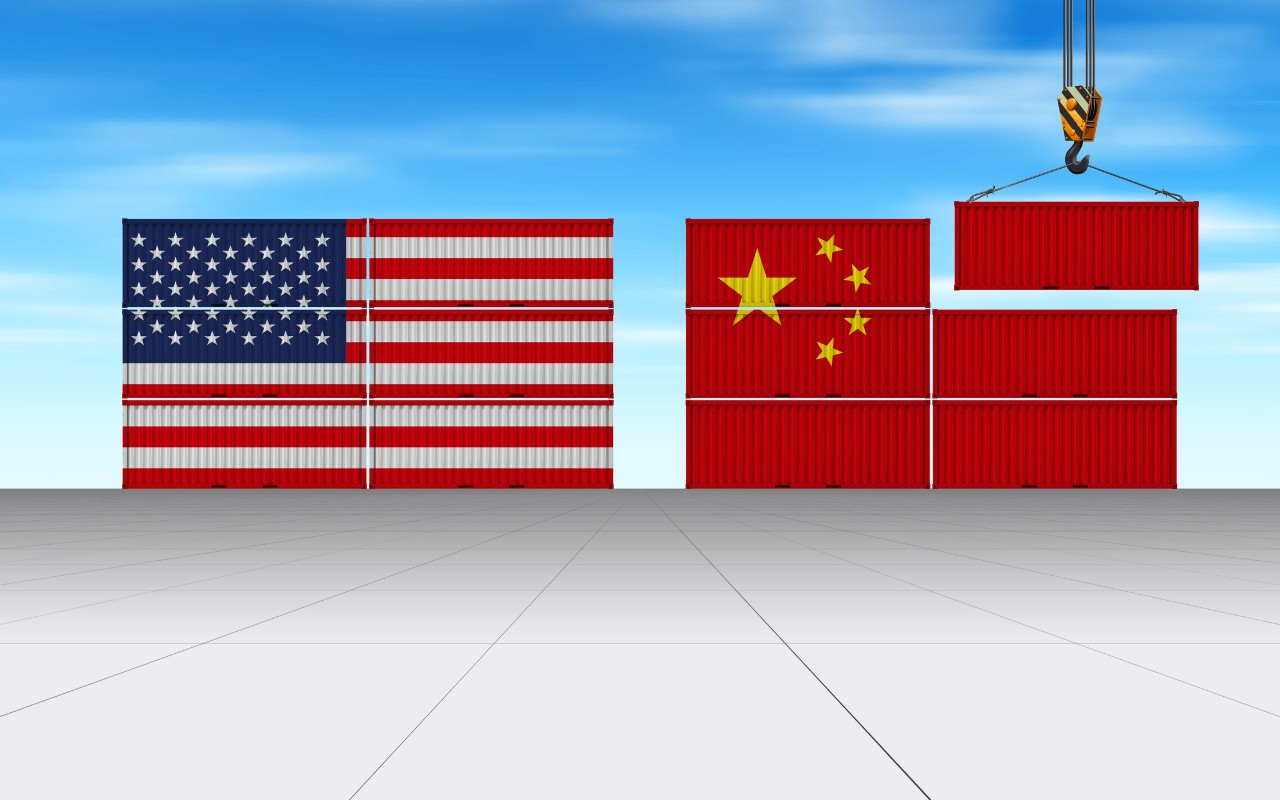
Profit and prosper with the best of Kiplinger's advice on investing, taxes, retirement, personal finance and much more. Delivered daily. Enter your email in the box and click Sign Me Up.
You are now subscribed
Your newsletter sign-up was successful
Want to add more newsletters?

Delivered daily
Kiplinger Today
Profit and prosper with the best of Kiplinger's advice on investing, taxes, retirement, personal finance and much more delivered daily. Smart money moves start here.

Sent five days a week
Kiplinger A Step Ahead
Get practical help to make better financial decisions in your everyday life, from spending to savings on top deals.

Delivered daily
Kiplinger Closing Bell
Get today's biggest financial and investing headlines delivered to your inbox every day the U.S. stock market is open.

Sent twice a week
Kiplinger Adviser Intel
Financial pros across the country share best practices and fresh tactics to preserve and grow your wealth.

Delivered weekly
Kiplinger Tax Tips
Trim your federal and state tax bills with practical tax-planning and tax-cutting strategies.

Sent twice a week
Kiplinger Retirement Tips
Your twice-a-week guide to planning and enjoying a financially secure and richly rewarding retirement

Sent bimonthly.
Kiplinger Adviser Angle
Insights for advisers, wealth managers and other financial professionals.

Sent twice a week
Kiplinger Investing Weekly
Your twice-a-week roundup of promising stocks, funds, companies and industries you should consider, ones you should avoid, and why.

Sent weekly for six weeks
Kiplinger Invest for Retirement
Your step-by-step six-part series on how to invest for retirement, from devising a successful strategy to exactly which investments to choose.
The stock market sure has an itchy trigger finger when it comes to headlines about the U.S.-China trade war. Although analysts and investors have done their best to price in the uncertainty, any development – positive or negative – can set off a session or more of volatility.
Witness Tuesday, Dec. 3, when President Trump said the trade dispute between Washington and Beijing could continue into 2020 – and he threatened new tariffs on other nations. The Dow Jones Industrial Average fell by as much as 458 points on the news.
With so many multinationals directly or indirectly exposed to China – either by way of demand, supply or both – the uncertainty of trade negotiations remains a major risk heading into the new year.
Naturally, some companies are in a more perilous position than others. Here we take a look at seven of the largest, best-known companies trading in the U.S. that have more than their fair share of worries about the ongoing trade war.
Share prices, dividend yields, analysts’ recommendations and other data are as of Dec. 4, unless otherwise noted. Analysts’ recommendations are courtesy of S&P Global Market Intelligence. Dividend yields are calculated by annualizing the most recent payout and dividing by the share price.
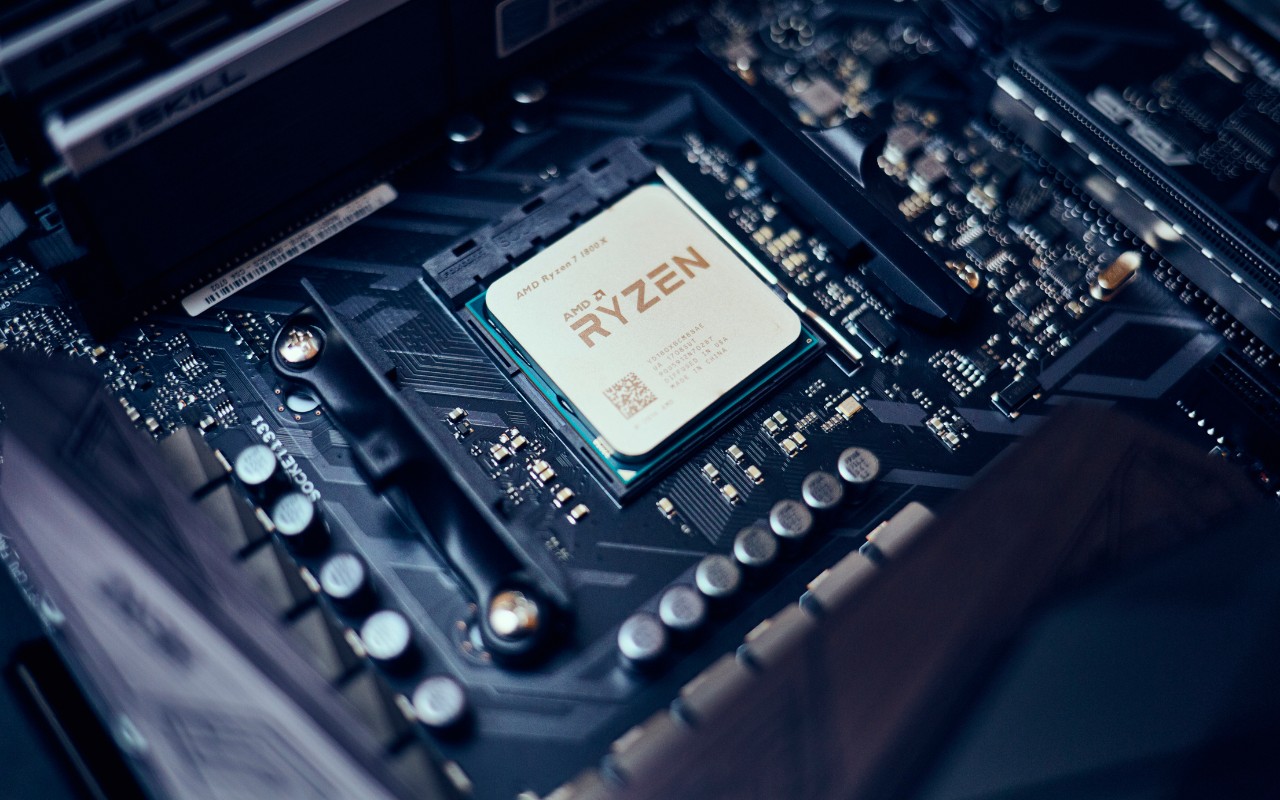
Advanced Micro Devices
- Market value: $46.2 billion
- Dividend yield: N/A
- Analysts' opinion: 9 strong buy, 5 buy, 24 hold, 0 sell, 4 strong sell
Semiconductor stocks are on the front lines of the trade war with China – even ones such as Advanced Micro Devices (AMD, $39.62) that make sophisticated graphical processing units (GPUs) and central processing units (CPUs). China has a seemingly insatiable demand for processors, memory chips and other components of servers, PCs, mobile phones and more.
Complicating matters is that much of the world's technology supply chain runs through China. Oh, and the world's most populous nation accounts for about 30% of AMD's business.
Analysts' average recommendation on AMD is Hold. Bulls see a bounce-back in Chinese demand next year after a big decline in 2020. Bears worry about the trade war, but they have other concerns, too.
For one, Advanced Micro Devices' shares have more than doubled this year, stretching the stock's valuation. Northland Capital Markets' Gus Richard downgraded the stock to Market Perform (Hold) from Outperform (Buy) on Nov. 21, noting that shares have "gotten ahead of fundamentals."
And while noting AMD's market-share gains in recent quarters, he warns, "Due to Intel's incumbency, share gains will come more slowly in all of these markets the more AMD's market share expands." He also believes AMD shares could become a source of profits should the market correct or worse.

Apple
- Market value: $1.18 trillion
- Dividend yield: 1.2%
- Analysts' opinion: 19 strong buy, 5 buy, 14 hold, 1 sell, 5 strong sell
Traders and investors in Apple (AAPL, $265.58) have shrugged off trade-war worries so far. This component of the Dow Jones Industrial Average is worth more than a trillion dollars, and has seen its stock rise by nearly 70% in 2019.
But that doesn't mean a trade-war threat doesn't exist. The company's runaway best-seller iPhone is manufactured in China, as are other key hardware offerings including AirPods and Apple Watch.
The imposition of retaliatory tariffs on parts made in China would make most of Apple's most popular products more expensive to produce – and presumably more costly for consumers to buy.
For now, Apple bulls are in the majority. Wall Street's average recommendation on AAPL stands at Buy. However, trade talks remain a wild card. Notably, six analysts tracked by S&P Global Market Intelligence have slapped a rare Sell call on shares.
Maxim analyst Nehal Chokshi is part of that small choir, rating the stock Sell with a $190 price target, implying shares could drop by 28% over the next 12 months. Proprietary survey data "shows a concerning rise of outflux of iPhone users to 9%, from 5%, of installed base, or in other words, a declining retention rate." That is, 9% of current iPhone users plan to stop using iPhones. Meanwhile, influx (people who plan to switch to iPhones) is 7% – down from double digits just two years ago.
Chokshi also sees increasing Chinese nationalism as a risk to Apple's clout there.

Boeing
- Market value: $194.5 billion
- Dividend yield: 2.4%
- Analysts' opinion: 8 strong buy, 1 buy, 13 hold, 0 sell, 1 strong sell
Dow component Boeing (BA, $345.68) is America's largest exporter and China is its largest export market. Indeed, over the next two decades, Boeing figures China will require almost 8,100 new commercial aircraft worth $3 trillion to keep up with growing demand.
Meanwhile, Boeing still is recovering from the grounding of its wildly popular Boeing 737 Max jet. The last thing the commercial aviation and aerospace giant needs is a trade war with the Middle Kingdom. China accounted for about 20% of the company's commercial aircraft deliveries in 2017. Orders nosedived to zero last year thanks to the trade dispute – "the first time since 2002 that Boeing hasn't received a Chinese order," Jefferies analyst Sheila Kahyaoglu told CNBC in May.
Existing competitors can't alone meet China's needs, and it likely will eventually need to order some aircraft from Boeing regardless of the trade situation. Nonetheless, for now, China has crimped the hose. "The lack of orders from China in the past couple of years has put pressure on the production rate," CEO Dennis Muilenburg said on the third-quarter earnings call.
Analysts' average recommendation on BA stock stands at Buy. However, out of 24 total analysts surveyed, 13 call shares a Hold and one has it at Sell.

Caterpillar
- Market value: $78.0 billion
- Dividend yield: 2.9%
- Analysts' opinion: 6 strong buy, 3 buy, 13 hold, 1 sell, 3 strong sell
Dow component Caterpillar (CAT, $141.05), the world's largest maker of construction and mining equipment, already is feeling the effects of the Washington-Beijing trade spat. Shares are underperforming the market by a wide margin in 2019 as the company feels the effects of the trade dispute and related global economic slowdown.
Bank of America Merrill Lynch analyst Ross Gilardi forecasts a 30% decline from peak to trough in earnings from CAT's construction division. And he's forecasting a 15% peak-to-trough drop in the energy and transportation business.
Caterpillar has been forced to cut jobs amid waning demand, and analysts have downgraded the stock on trade-war woes. Goldman Sachs analysts wrote in August that "visibility on operating profit growth for CAT off of 2019 levels is low" in a note lowering its view on the stock from Buy to Neutral (Hold).
That's the analyst community's average view on Caterpillar, according to S&P Global Market Intelligence. And the pros' 12-month average price target of $143.33 gives shares implied upside of less than 2%.

Dollar Tree
- Market value: $21.5 billion
- Dividend yield: N/A
- Analysts' opinion: 8 strong buy, 5 buy, 15 hold, 0 sell, 0 strong sell
Deep-discount retail chain Dollar Tree (DLTR, $90.80) gets a Buy rating from Wall Street, but the ongoing trade war could shake some analysts' faith. Hold calls outnumber Buy calls by 15 to 13, thanks to the dollar store cutting its earnings forecast in late November. DLTR said tariffs will reduce all-important fourth-quarter earnings by 6 cents a share.
Dollar Tree now expects to post fourth-quarter earnings of $1.70 to $1.80 a share. But analysts had been looking for Q4 earnings of $2.02 a share when DLTR slashed its outlook, according to Refinitiv data. The Street has since lowered its forecast to $1.77 a share.
Tariffs also could continue to hurt Dollar Tree even beyond the critical holiday selling season. After all, the company missed the Street's third-quarter forecast too, and it's not like anyone can predict where the Washington-Beijing talks are headed.
"The decrease from prior implied fourth quarter guidance represents the expected effects of ... the continued uncertainty regarding trade and the related tariffs," Dollar Tree said in its third-quarter results press release.
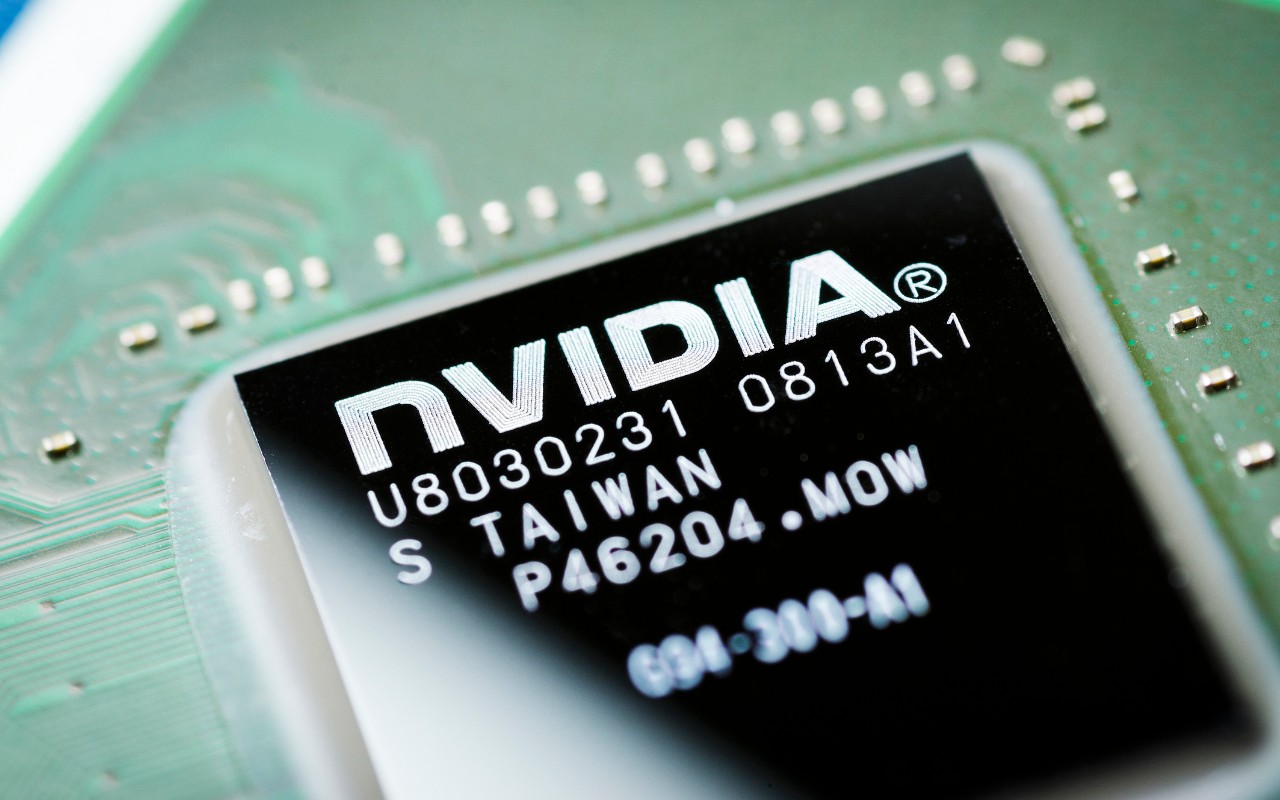
Nvidia
- Market value: $127.7 billion
- Dividend yield: 0.3%
- Analysts' opinion: 19 strong buy, 9 buy, 9 hold, 3 sell, 0 strong sell
Like AMD, Nvidia (NVDA, $208.74) is on the front lines of the U.S.-China trade war. The company's graphical processing units (GPUs) are in high demand for gaming, artificial intelligence and the mining of cryptocurrency.
China, as mentioned above, has a voracious appetite for semiconductors and allied tech products. Indeed, about 30% of NVDA's sales stem from China. "China is an important market and it's an important gaming market," Nvidia CEO Jensen Huang said on a quarterly earnings call last spring.
Kwan-Chen Ma of KCM Asset Management says Nvidia's gross margin – the difference between sales and cost of goods sold – fell by 4% in the most recent quarter as a direct result of the 25% U.S. tariff.
Nvidia is up more than 50% for the year-to-date vs. a gain of about 24% for the S&P 500, and analysts rate it a Buy. The stock does, however, sport three Sell recommendations (out of 40 total calls) and the trade war could weigh on the stock in 2020.
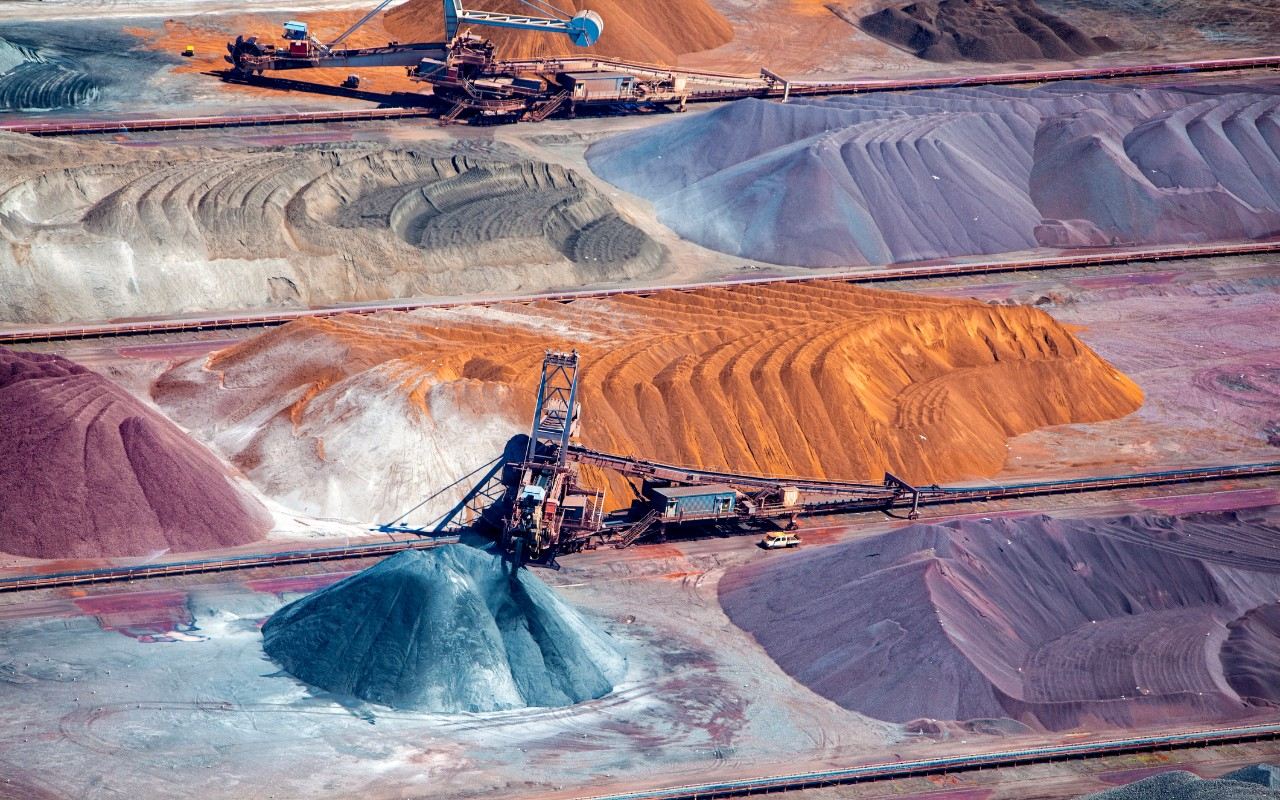
Rio Tinto
- Market value: $92.0 billion
- Dividend yield: 5.5%
- Analysts' opinion: 3 strong buy, 0 buy, 1 hold, 2 sell, 0 strong sell
Shares in Rio Tinto (RIO, $54.61), the Australian mining giant, have underperformed the broader market by a wide margin in 2019. The stock, which has separate listings on the New York Stock Exchange, London Stock Exchange and Australian Securities Exchange, is up only 13% in New York for the year-to-date.
Metals such as iron ore and copper are finely tuned to the health of the global economy. The global slowdown stemming in part from China's trade stance is naturally weighing in the mining sector.
"Iron ore has had an extraordinary run in 2019, comfortably the best performing commodity in a volatile market reeling from trade wars and geopolitical disturbances," say analysts at Deloitte. However, "the near-term outlook for commodities, particularly industrial metals like copper, is highly correlated with the trade situation," they add.
As the world's second-largest supplier of iron ore – a key ingredient in the production of steel – Rio Tinto is somewhat at the mercy of Washington and Beijing. Analysts have a Buy call on RIO shares listed in New York and Australia. The London-listed shares get a Hold.
Profit and prosper with the best of Kiplinger's advice on investing, taxes, retirement, personal finance and much more. Delivered daily. Enter your email in the box and click Sign Me Up.

Dan Burrows is Kiplinger's senior investing writer, having joined the publication full time in 2016.
A long-time financial journalist, Dan is a veteran of MarketWatch, CBS MoneyWatch, SmartMoney, InvestorPlace, DailyFinance and other tier 1 national publications. He has written for The Wall Street Journal, Bloomberg and Consumer Reports and his stories have appeared in the New York Daily News, the San Jose Mercury News and Investor's Business Daily, among many other outlets. As a senior writer at AOL's DailyFinance, Dan reported market news from the floor of the New York Stock Exchange.
Once upon a time – before his days as a financial reporter and assistant financial editor at legendary fashion trade paper Women's Wear Daily – Dan worked for Spy magazine, scribbled away at Time Inc. and contributed to Maxim magazine back when lad mags were a thing. He's also written for Esquire magazine's Dubious Achievements Awards.
In his current role at Kiplinger, Dan writes about markets and macroeconomics.
Dan holds a bachelor's degree from Oberlin College and a master's degree from Columbia University.
Disclosure: Dan does not trade individual stocks or securities. He is eternally long the U.S equity market, primarily through tax-advantaged accounts.
-
 5 Vince Lombardi Quotes Retirees Should Live By
5 Vince Lombardi Quotes Retirees Should Live ByThe iconic football coach's philosophy can help retirees win at the game of life.
-
 The $200,000 Olympic 'Pension' is a Retirement Game-Changer for Team USA
The $200,000 Olympic 'Pension' is a Retirement Game-Changer for Team USAThe donation by financier Ross Stevens is meant to be a "retirement program" for Team USA Olympic and Paralympic athletes.
-
 10 Cheapest Places to Live in Colorado
10 Cheapest Places to Live in ColoradoProperty Tax Looking for a cozy cabin near the slopes? These Colorado counties combine reasonable house prices with the state's lowest property tax bills.
-
 The 24 Cheapest Places To Retire in the US
The 24 Cheapest Places To Retire in the USWhen you're trying to balance a fixed income with an enjoyable retirement, the cost of living is a crucial factor to consider. Is your city the best?
-
 5 Stocks to Sell or Avoid Now
5 Stocks to Sell or Avoid Nowstocks to sell In a difficult market like this, weak positions can get even weaker. Wall Street analysts believe these five stocks should be near the front of your sell list.
-
 Best Stocks for Rising Interest Rates
Best Stocks for Rising Interest Ratesstocks The Federal Reserve has been aggressive in its rate hiking, and there's a chance it's not done yet. Here are eight of the best stocks for rising interest rates.
-
 The Five Safest Vanguard Funds to Own in a Volatile Market
The Five Safest Vanguard Funds to Own in a Volatile Marketrecession The safest Vanguard funds can help prepare investors for market tumult but without high fees.
-
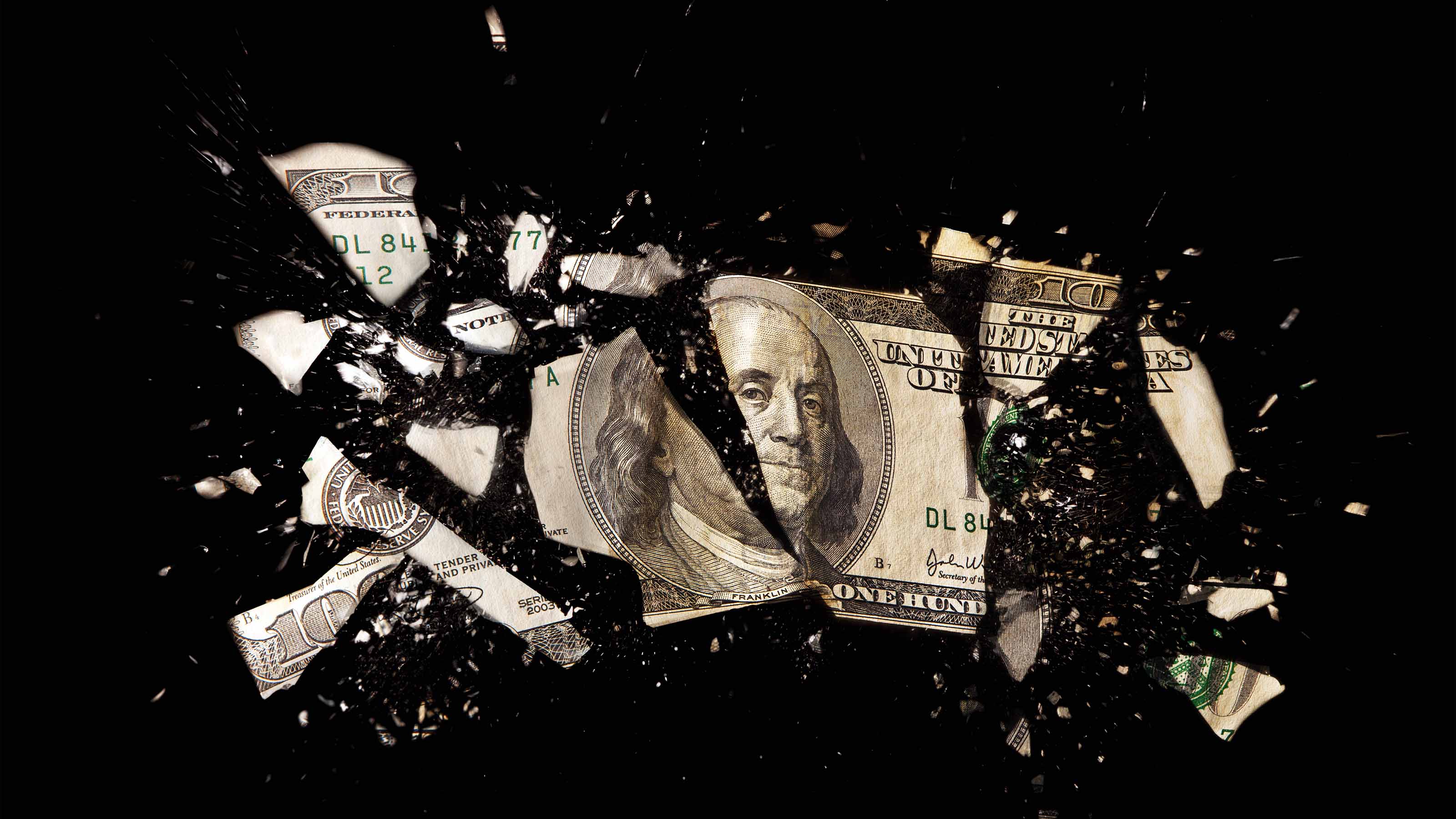 The 5 Best Inflation-Proof Stocks
The 5 Best Inflation-Proof Stocksstocks Higher prices have been a major headache for investors, but these best inflation-proof stocks could help ease the impact.
-
 5 of the Best Preferred Stock ETFs for High and Stable Dividends
5 of the Best Preferred Stock ETFs for High and Stable DividendsETFs The best preferred stock ETFs allow you to reduce your risk by investing in baskets of preferred stocks.
-
 What Happens When the Retirement Honeymoon Phase Is Over?
What Happens When the Retirement Honeymoon Phase Is Over?In the early days, all is fun and exciting, but after a while, it may seem to some like they’ve lost as much as they’ve gained. What then?
-
 5 Top-Rated Housing Stocks With Long-Term Growth Potential
5 Top-Rated Housing Stocks With Long-Term Growth Potentialstocks Housing stocks have struggled as a red-hot market cools, but these Buy-rated picks could be worth a closer look.
